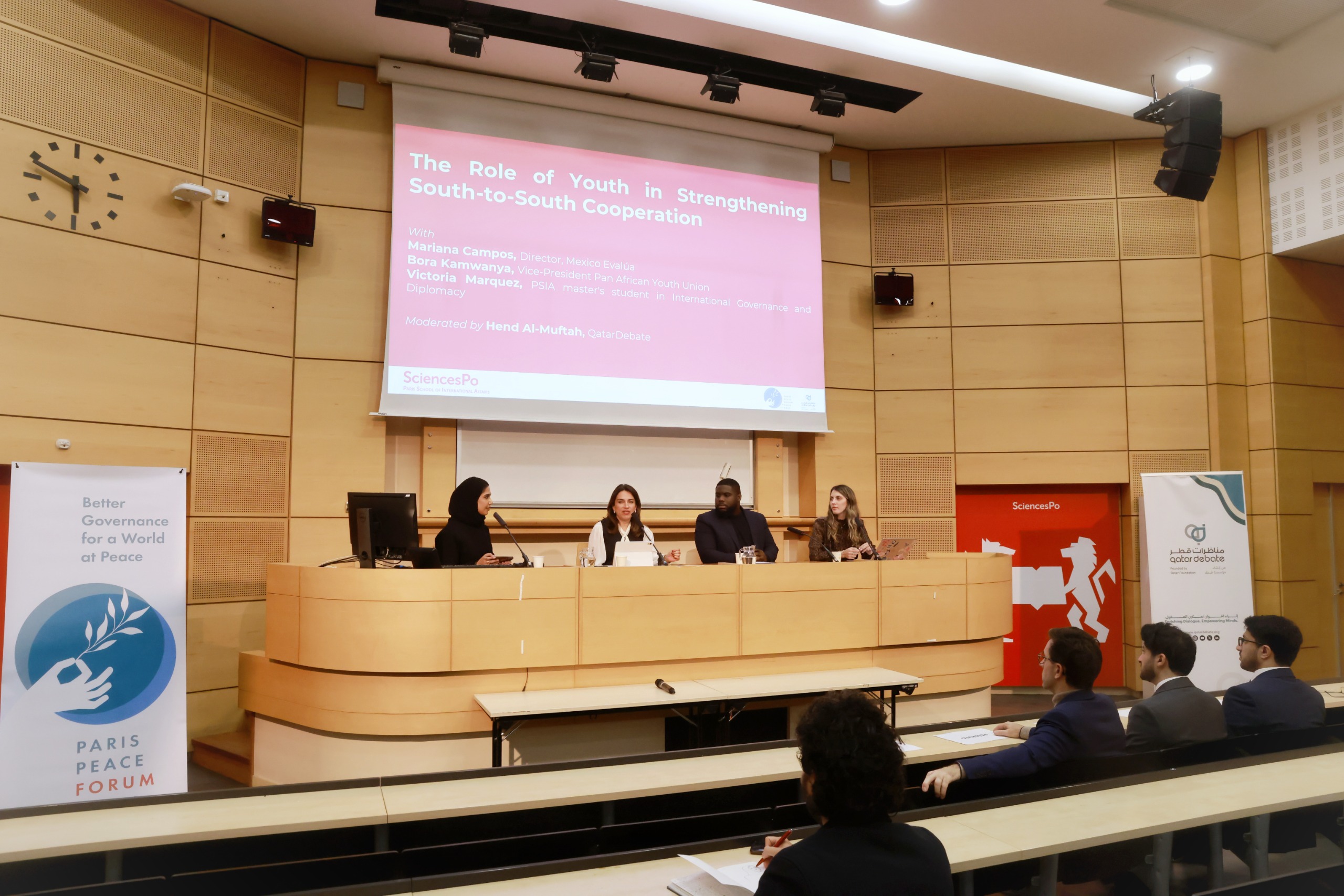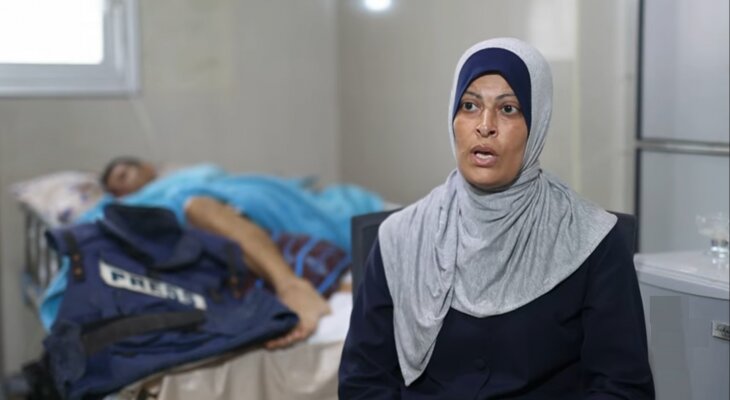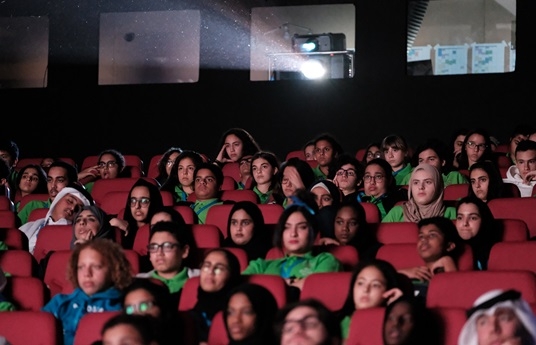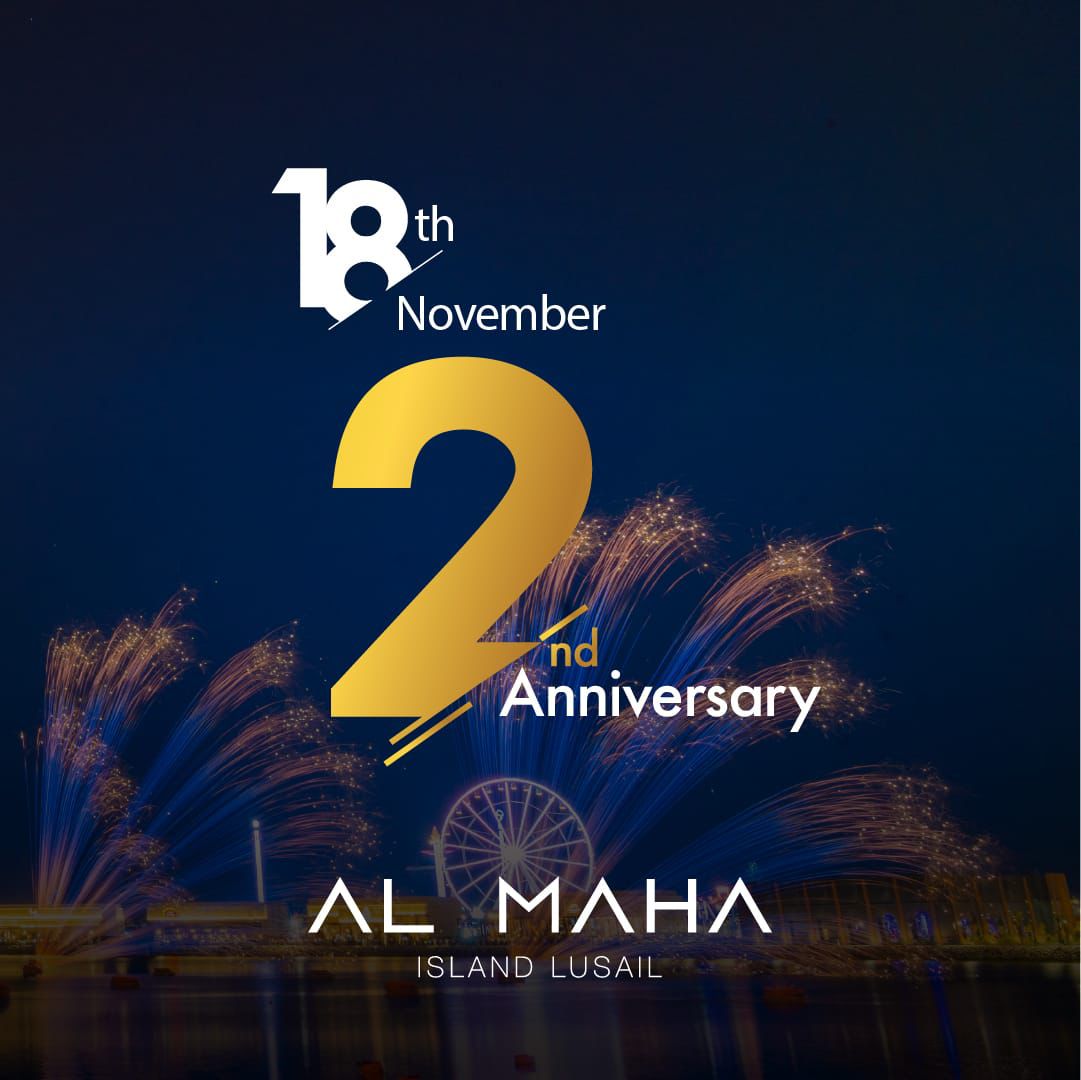While music has proven effective in various medical treatments, Weill Cornell Medicine-Qatar (WCM-Q) has been conducting research to investigate whether Arabic music can be beneficial to treat or help different medical conditions.
Neuroscience researcher and premedical faculty, Dr. Ghizlane Bendriss, and a team of neuroscientists, medical students, and an art therapist will look into how Middle Eastern music can affect the neurological functions of the human brain, a statement said.
“There is a great deal of research supporting music therapy as an effective means for treating many illnesses, but the literature almost exclusively focuses upon Western music,” Dr. Bendriss said.
“Given that Western and Middle Eastern music use strikingly different scaling systems, rhythms and instruments, we identified this as a significant knowledge gap which is potentially preventing Middle Eastern populations from accessing an important form of therapy,” the doctor added.
The main points of assessment are electroencephalogram (EEG), and standardised questionnaires, the first of which will be used to monitor brain activity and the latter will measures the changes in the sample’s emotional state.

Led by M. Yassine Ayari, a musicologist and music educator at Qatar Foundation, members of the Arab Music Department at Qatar Music Academy played especially composed melodies using Middle Eastern instruments, including the ney, oud and qanoun.
The research is inspired by mental health studies conducted in the 10th century by renowned philosophers of the Islamic Golden Age, such as Al-Farabi and Avicenna.
In a first, Qatari Music Centre joins UNESCO International Council of Music
To record the observations and conclusions, researchers play 24 different one-minute audio recordings of Arabic ‘Maqams’ – patterns of music of varying intervals and pitches – and analyse the changes in brain activity.
Participants also have their emotional status assessed before, during and after the listening session through the standardised questionnaire.
Neurophysiological and neuropsychological assessment of Arabic music have not been previously used together prior to this research. The study aims to discover whether Middle Eastern music records trigger progress among the native Middle Eastern population based on their consumption, traditions and heritage.
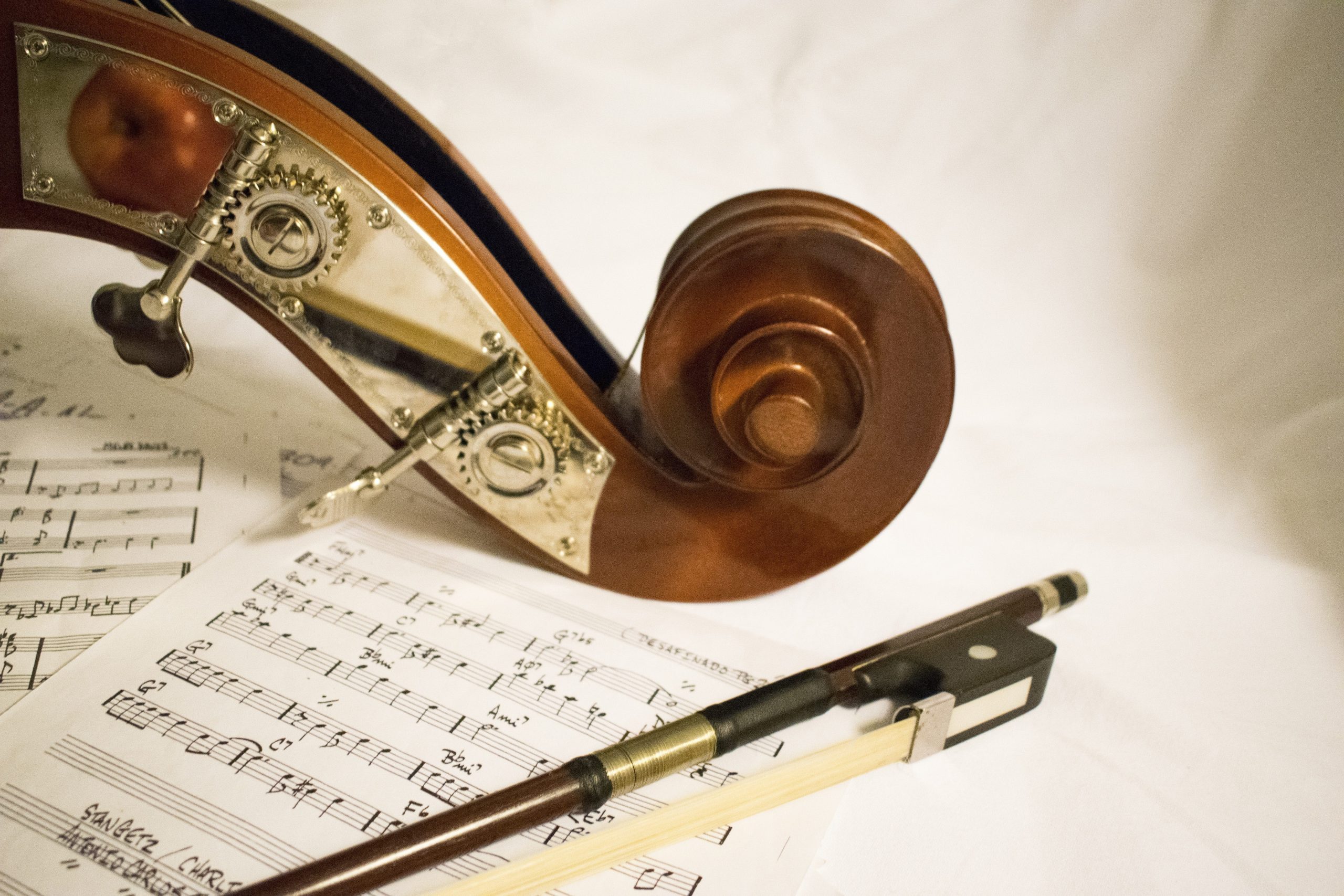
The study has been recognised by the US-based registry, clinicaltrials.gov, which is a part of the National Library of Medicine at the National Institutes of Health.
After gathering the needed information, investigators will determine a correlation study between the EEG results and the questionnaire results employed in the process, in addition to demographic data such as age, gender, ethnicity, right or left handedness, musical preferences, and whether the participant plays an instrument.
The music therapy initiative hopes to raise awareness on the approach, to further implement the therapeutic practice and apply it in the region as a registered treatment method.
Follow Doha News on Twitter, Instagram, Facebook and Youtube



